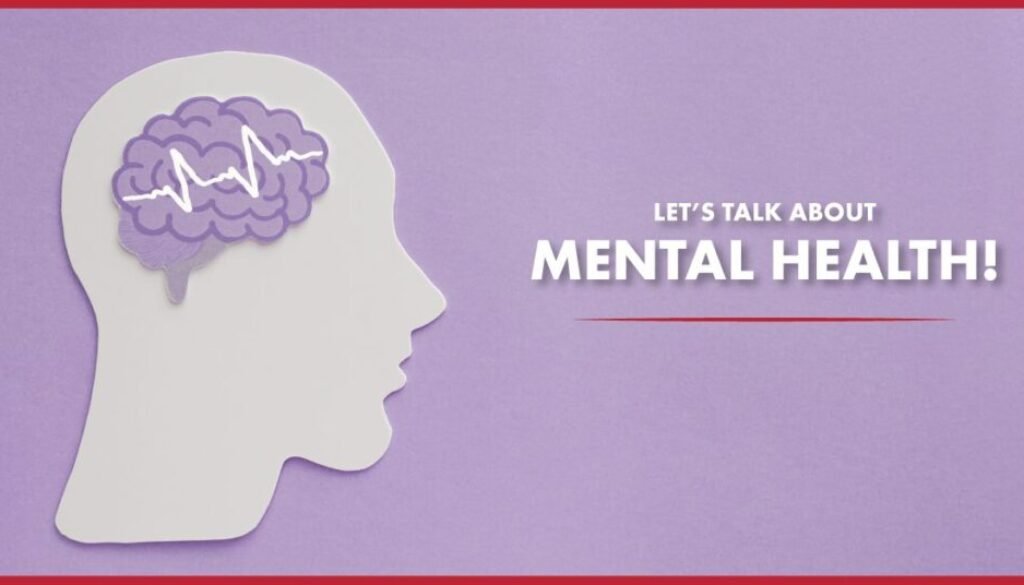What Are the Best Things for Mental Health?
Mental health is essential to one’s overall wellbeing, determining how one may think, feel, and behave. Taking care of your mental health involves some proactive measures that help to build resilience, reduce stress, and increase happiness. Here are some of the best things you can do for your mental health:
1.Pay Attention to Your Physical Health
Exercise Regularly: Exercises release endorphins, which are considered natural mood elevators. The daily recommendation for the greater part of the week is at least 30 minutes.
Eat a Balanced Diet: Omega-3 fatty acid-rich foods, whole grains, fruits, and vegetables elevate the functioning of the brain, hence improving your mood.
Get Enough Rest: Good quality sleep is at the core of good mental well-being. Establish a sleeping pattern that will cater to 7-9 hours of rest each night.
2.Practice Mindfulness and Relaxation
Meditation: The habit of meditation helps in reducing stress and enhancing the level of focus. Applications such as Headspace or Calm can be taken as guides.
Deep Breathing: Deep breathing helps quiet the nervous system and can help diminish anxiety.
Yoga: A physical activity combined with mindfulness and breathing techniques that contributes to holistic mental health.
3.Nurture Positive Relationships
Social Connections: Spending time with friends and family boosts one’s sense of belonging and reduces feelings of isolation.
Find your place in one of the various communities offering support that share your life experiences; this may even provide reassurance.
4.Follow Your Enjoyment Activities
Do hobbies and leisure activities in your life for enjoyment. Examples are painting, gardening, reading, and the playing of an instrument.
Try something different for the intellectual challenge and achievement it gives.
5.Be Goal-Oriented
Larger goals may be in order but broken down into easier, more reachable steps first to prevent overwhelm.
Celebrate achievements no matter how small to instill confidence and motivation.
6.Limit Stress and Overwhelm
Time Management: Use planners or apps to plan and prioritize tasks.
Learn to Say No: Protect your mental health by setting boundaries and avoiding overcommitting.
7.Seek Professional Help When Needed
Therapy: Talking to a licensed therapist can provide tools and strategies to navigate mental health challenges.
Medication: For some, medication prescribed by a doctor can be a helpful part of the treatment.
8.Avoid Unhealthy Coping Mechanisms
Limit the intake of alcohol and caffeine because both heighten anxiety and disrupt sleep.
Do not smoke or use drugs as ways to relieve stress.
9.Practice Gratitude
Keep a gratitude journal to help focus on the good things in your life.
Show appreciation for others, and this will help nurture relationships and create a positive attitude.
10.Spend Time in Nature
Being in nature decreases the levels of stress and improves one’s mood. Take walks in the park, go on hikes, or simply sit in a garden.
Sunlight exposure is important for regulating mood and improving sleep through the production of vitamin D.
11.Practice Self-Compassion
Be kind to yourself; do not negative self-talk.
Accept that it is okay to have bad days and that progress isn’t always linear.
Conclusion
It is a continuous process, taking care of one’s mental health, which requires regular effort. With these practices incorporated into your daily life, you will be able to establish a very strong foundation for your mental well-being. Remember, seeking help when in need is a sign of strength, not weakness. Prioritize your mental health and watch how it positively impacts every aspect of your life.



